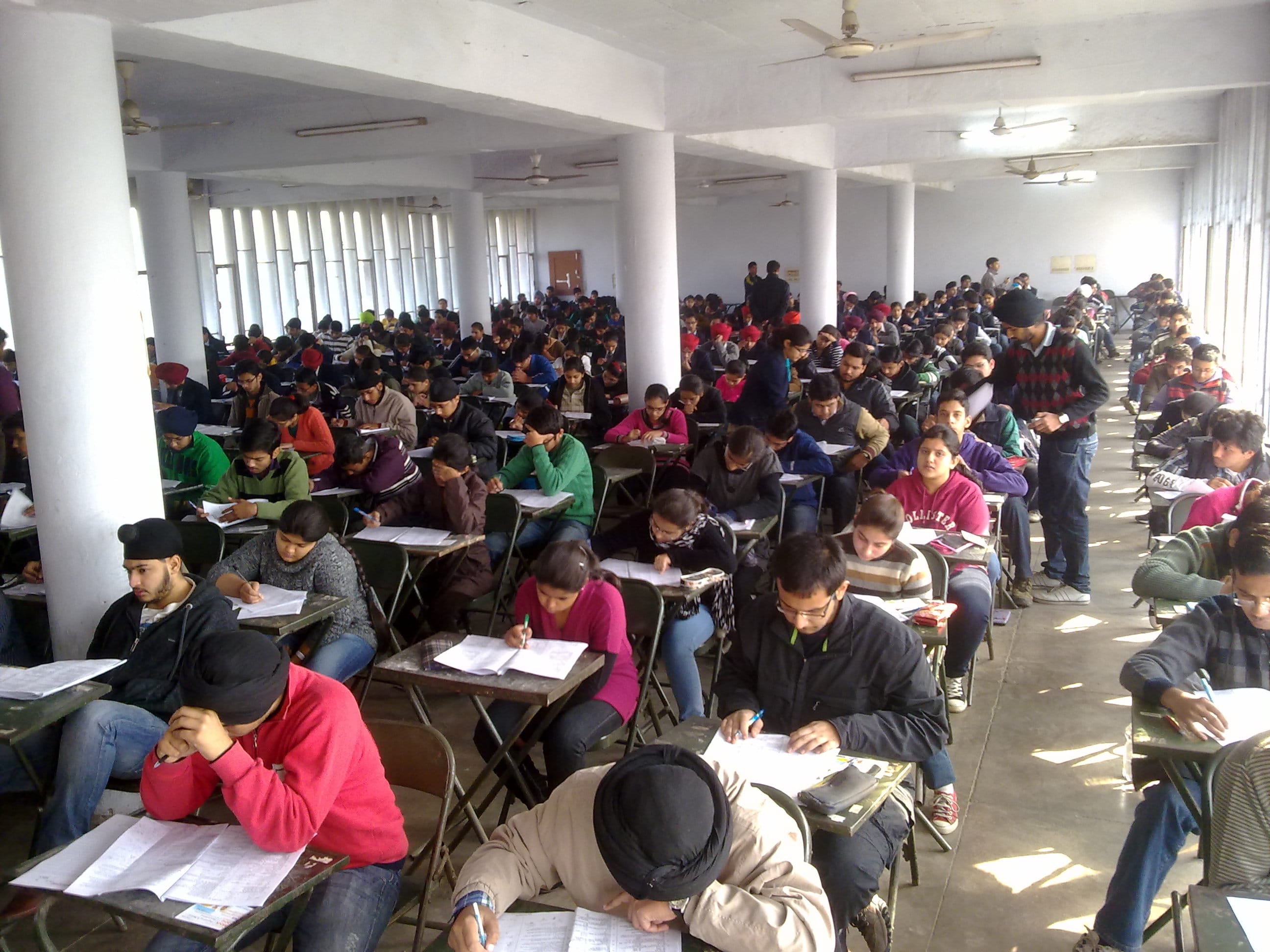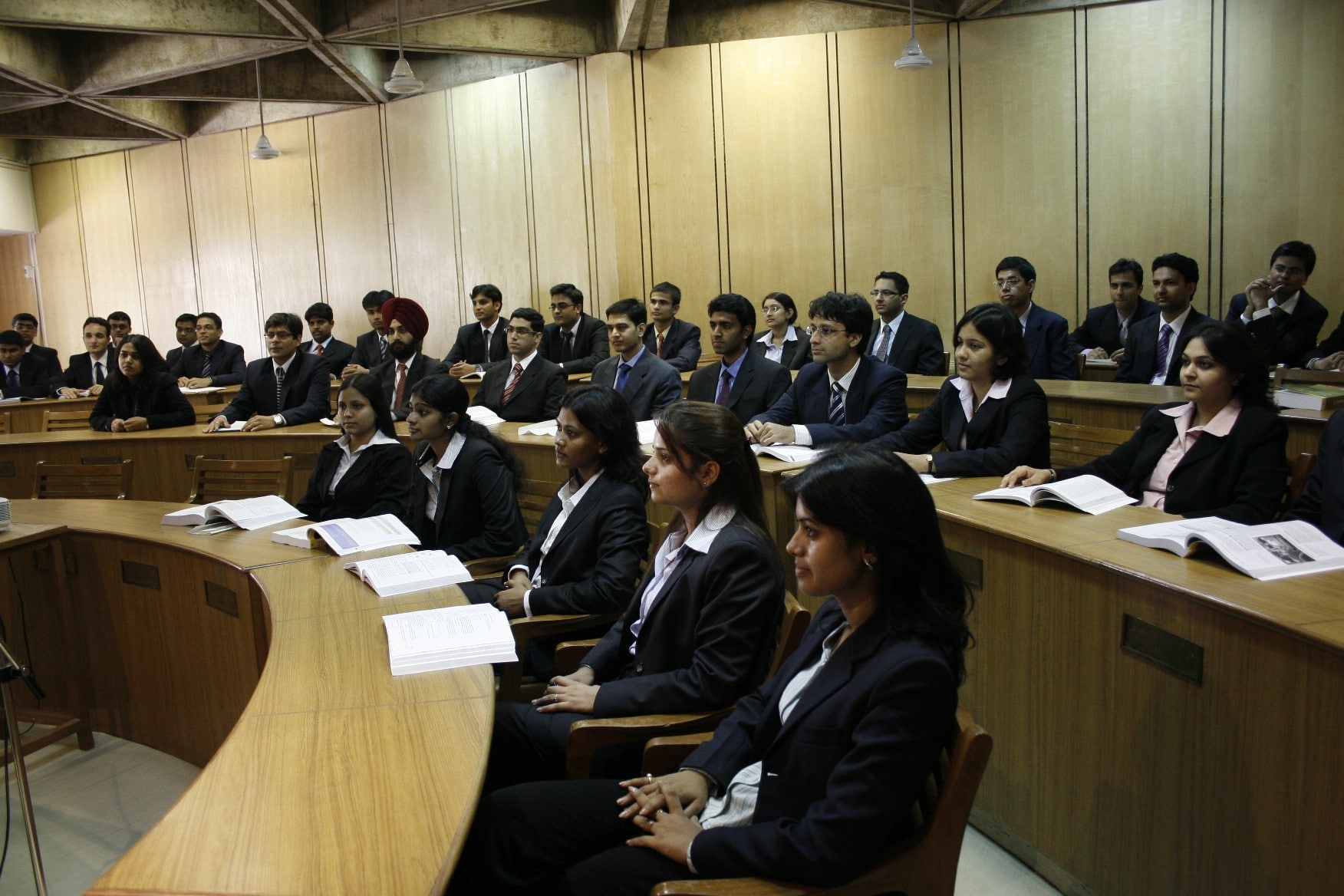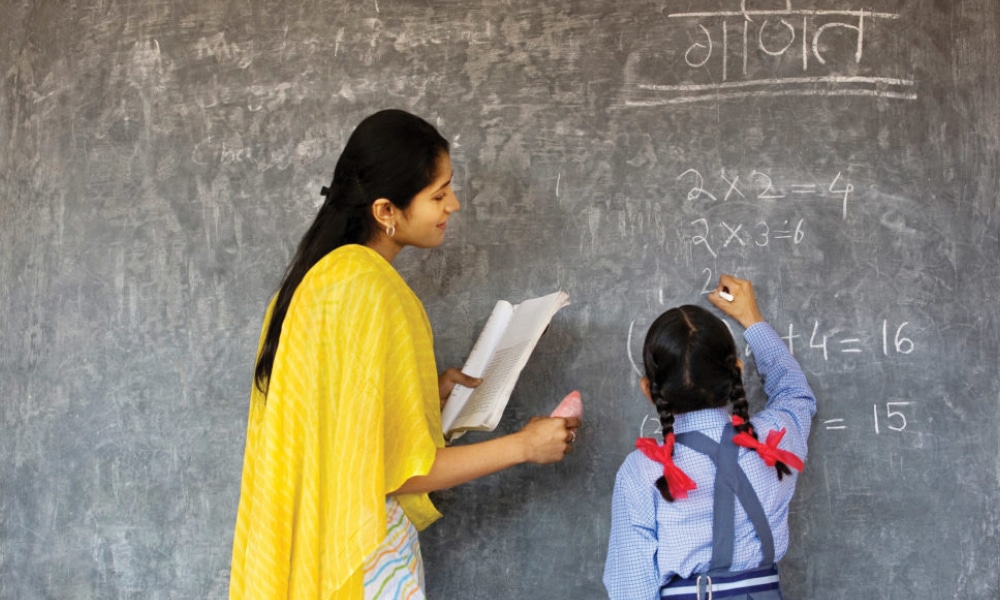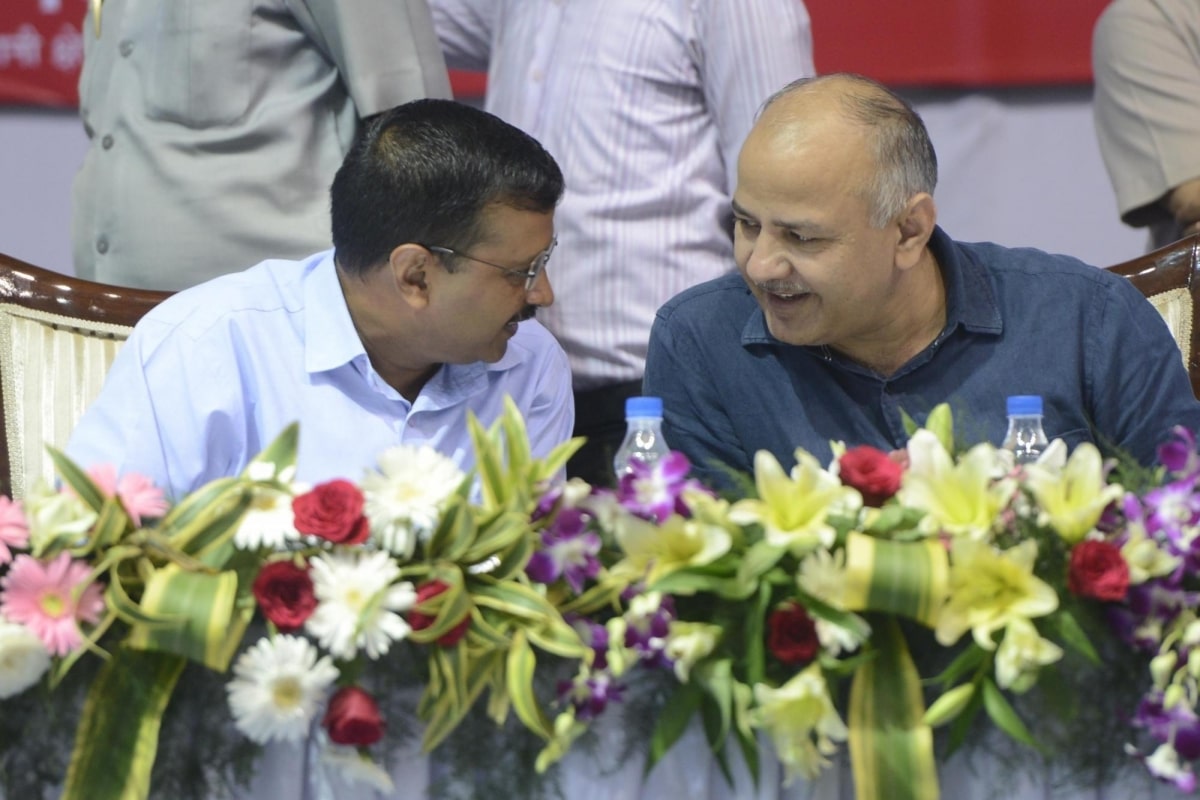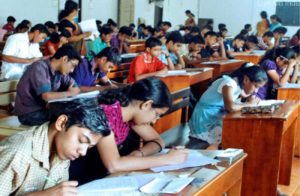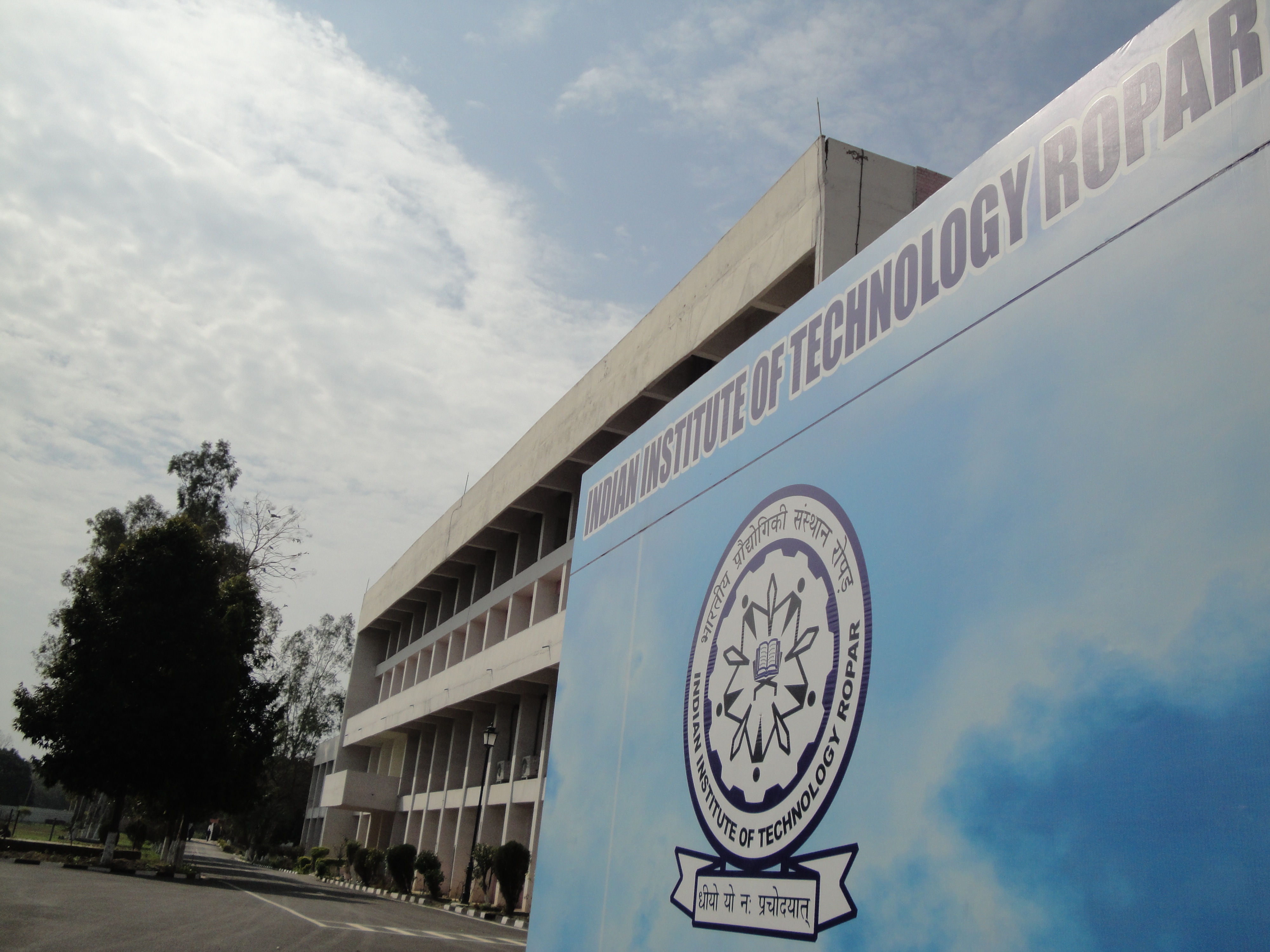Chandigarh : Punjab’s Technical Education Minister Punjab Charanjeet Singh Channi has stated that Regulatory authority will be established to control and reform educational institutes in Punjab.
In this regard, a special meeting with the vice chancellors of universities and education experts will be conducted so that implementation of education reform at the root level could be ensured.
The minister said that success of a state largely depends upon the basic education. He said that regulatory authority will be helpful in implementation of education reforms. He said that now right to service act will be implemented in true spirit. During this Channi said that present government is the first one in state to organise job fair to provide employment opportunities for the youngsters of the state. During these job fairs employment to 50 thousand youngsters will be provided. He said that by organizing such job fairs in the state, government has started fulfilling his promises to provide employment at every house.
He said that government is committed to provide employment opportunities to the youngsters of Punjab. He said that 21 job fairs are proposed to be organised till 31 august at various locations in the state that will host more than 900 reputed companies to shortlist the candidates for offering jobs.
He said that on the first day of job fair at Ryat Bahra University, 36 reputed companies arrived and approximately 6,000 youngsters having various technical qualifications will be selected by these companies. He revealed that such job fairs are being organised at various government technical institutes at Patiala, Amritsar, Bathinda & Phagwara.
Addressing a question on vacant posts in the government departments, he said that these vacant posts will be field very soon. He said that employment fairs subsequent to the job fairs will also be organised in the state, whereat awareness about starting self occupation will be provided to the youngsters and low interest loans will also be provided to them. As such, a draft for organising such employment fairs is in progress, which will be implemented soon.
He said that skill development in the state will be enhanced and foundation course will be started in cooperation with the various companies so that training as per industry demand could be provided to the youngsters. Addressing a question on providing jobs to youngsters of Punjab, he said that priority will be given to the youngsters of Punjab for providing jobs. Besides these, youngsters of Punjab will be given priority for employment in the various industries of Punjab.
Explaining about the education reforms, he said that various new enhancements and process modification will be done in the technical education so that technical education as per industry needs could be provided. He further said that examination centres of Technical institutes will be established in government buildings whereat government officials will be deputed for duties and cheating in any form could not be accepted.
He also said that Rs 100 crore will be spent on development of basic infrastructure of technical institutions. He further said that more than 4 lakh youngsters have registered themselves for jobs at web portal of Punjab Government i.e. www.ggnpunjab.com. He said that with setting up job fairs, Industrialists has gained faith.
Before this while addressing the function, he motivated the youngsters to work with dedication and assured them that Punjab government is committed for providing employment opportunities for the youngsters of Punjab.
Earlier, Gurvinder Singh bahra Chairman Ryat & bahra University expressed thanks to Punjab government for organising such job fairs at the university.
He said that besides 2 universities, 75 institutions, unique skill development and five multi discipline camps are being operated by Ryat & bahra Group. University chancellor Dr. Raj Singh welcomed the Technical Education Minister Punjab.
During the fair, Additional Director Technical Education Mohan Bir Singh, Director Academic Narinder Lamba along with Joint director of university (Management) Pritam Singh Sohal and representative of reputed companies were present.
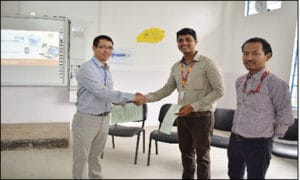 Nagaland Tool Room & Training Centre (NTTC) in association with AICTE & ICT Academy commenced the skill-oriented training programme in IT sector which has been aligned to the skill India vision of the Government of India.
Nagaland Tool Room & Training Centre (NTTC) in association with AICTE & ICT Academy commenced the skill-oriented training programme in IT sector which has been aligned to the skill India vision of the Government of India.







